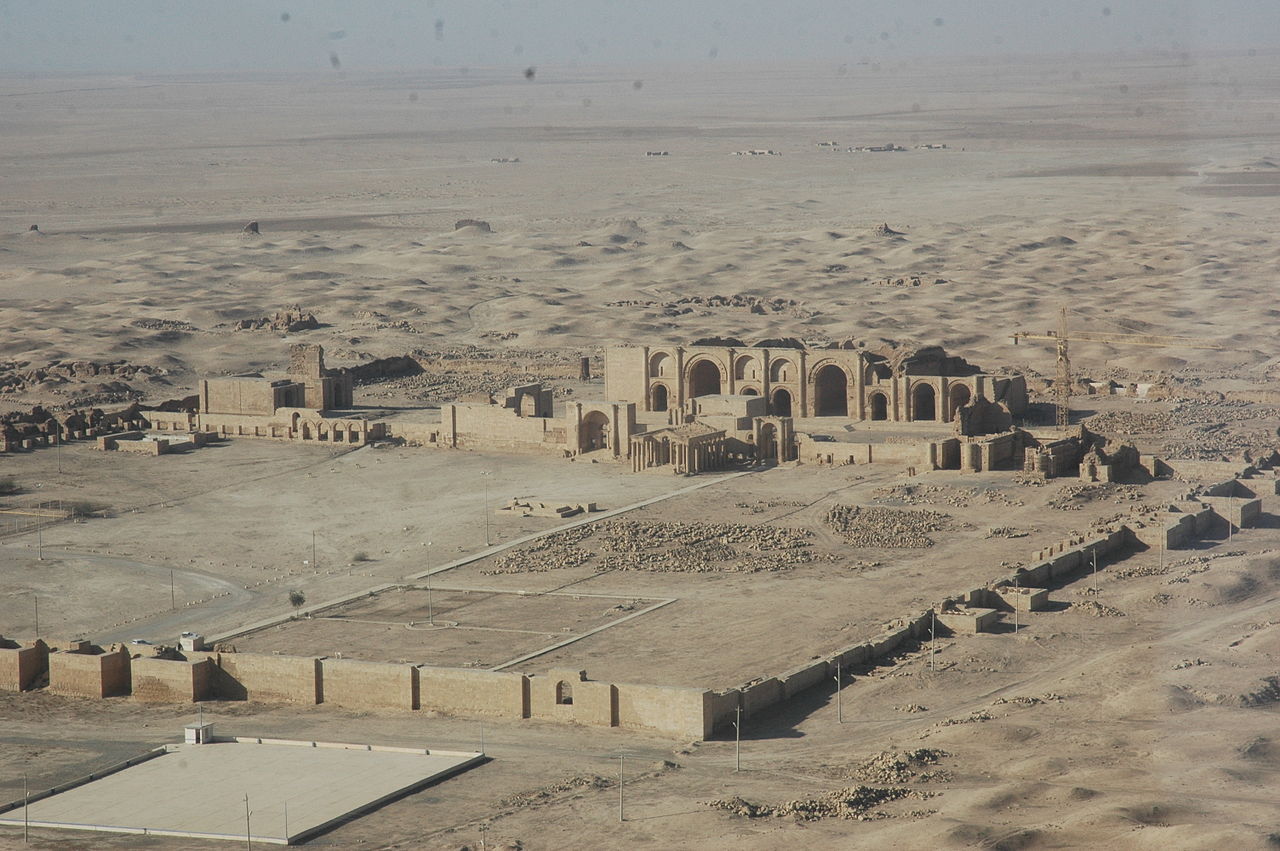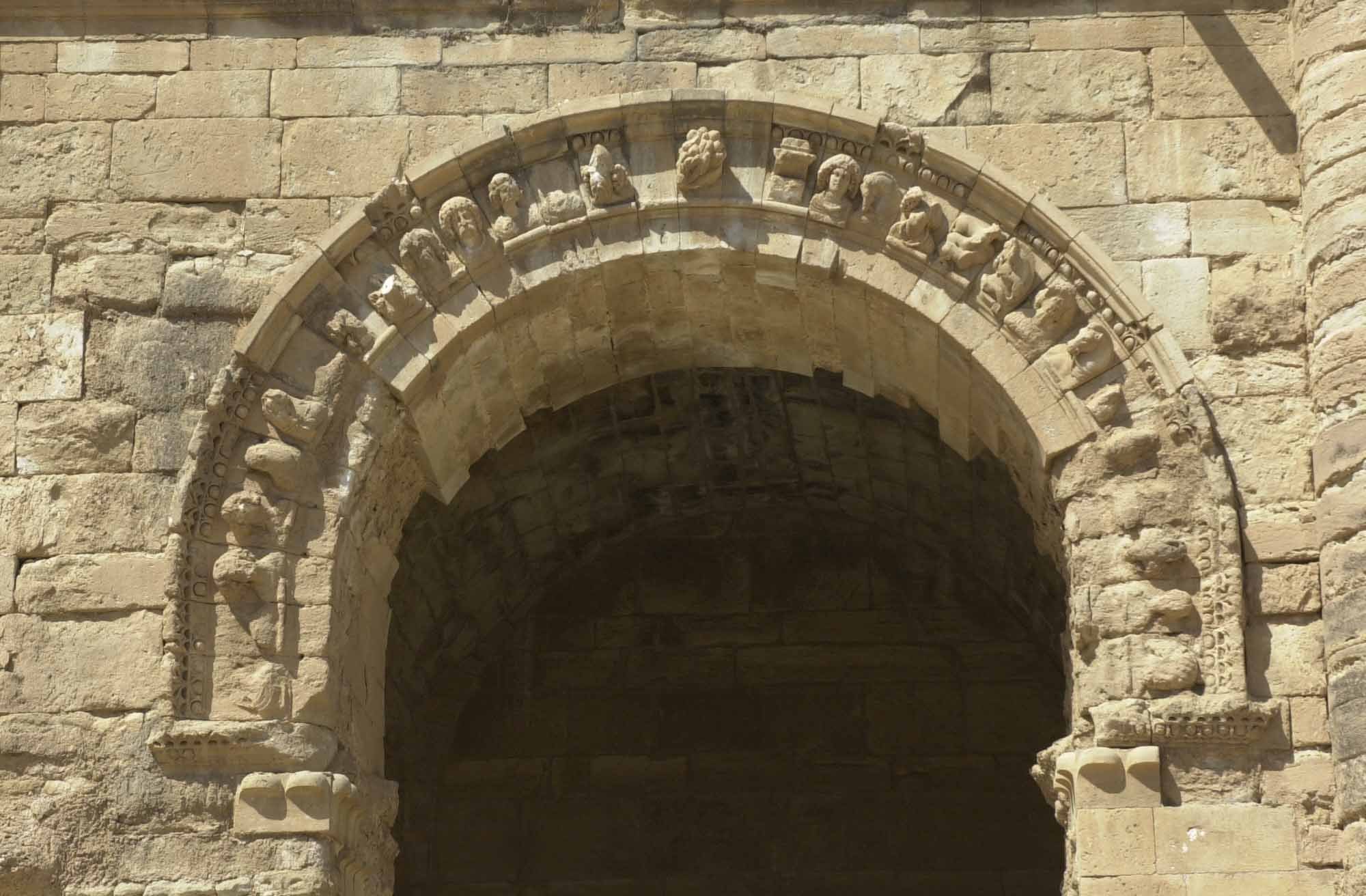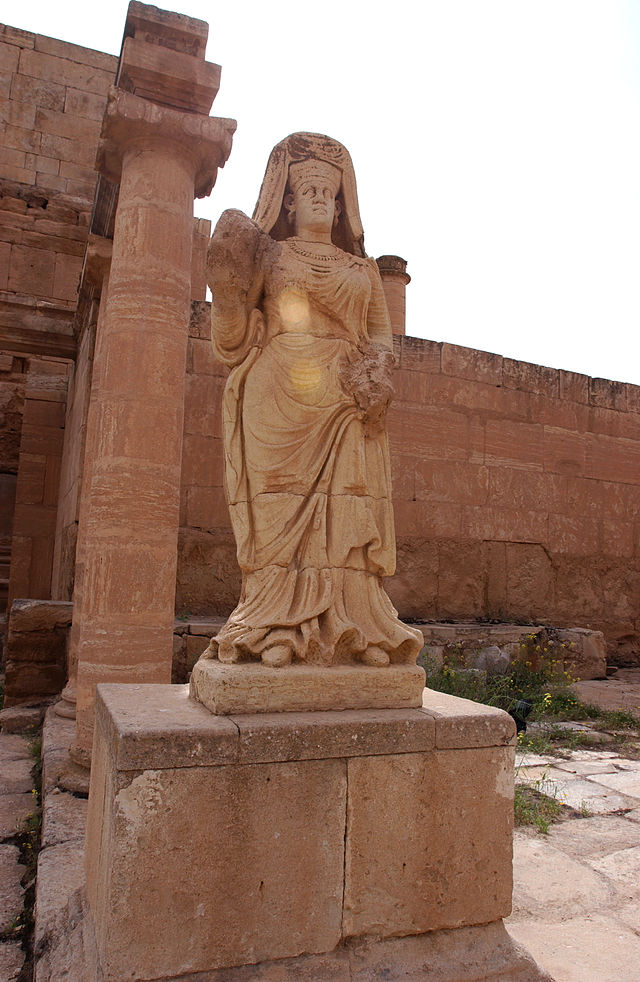The Islamic State appears to be fraying from within
this undated file image posted on June 30, 2014, by the Raqqa Media Center of the Islamic State group, a Syrian opposition group, fighters from the Islamic State group parade in Raqqa. (Uncredited/AP)
By
Liz Sly March 8 at 8:34 PM
BEIRUT — The Islamic State appears to be starting to fray from within, as dissent, defections and setbacks on the battlefield sap the group’s strength and erode its aura of invincibility among those living under its despotic rule.
Reports of rising tensions between foreign and local fighters, aggressive and increasingly unsuccessful attempts to recruit local citizens for the front lines, and a growing incidence of guerrilla attacks against Islamic State targets suggest the militants are struggling to sustain their carefully cultivated image as a fearsome fighting force drawing Muslims together under the umbrella of a utopian Islamic state.
The anecdotal reports, drawn from activists and residents of areas under Islamic State control, don’t offer any indication that the group faces an immediate challenge to its stranglehold over the mostly Sunni provinces of eastern Syria and western Iraq that form the backbone of its
self-proclaimed caliphate. Battlefield reversals have come mostly on the fringes of its territory, while organized opposition remains unlikely as long as viable alternatives are lacking and the fear of vicious retribution remains high, Syrians, Iraqis and analysts say.
The bigger threat to the Islamic State’s capacity to endure, however, may come from within, as its grandiose promises collide with realities on the ground, said Lina Khatib, director of the Carnegie Middle East Center in Beirut.
 Scores of hostages, including Westerners, have been killed by the Islamic State since 2014. Here are some of the major incidents where the Islamic State killed the hostages. View Graphic
Scores of hostages, including Westerners, have been killed by the Islamic State since 2014. Here are some of the major incidents where the Islamic State killed the hostages. View Graphic
“The key challenge facing ISIS right now is more internal than external,” she said, using another term for the group. “We’re seeing basically a failure of the central tenet of ISIS ideology, which is to unify people of different origins under the caliphate. This is not working on the ground. It is making them less effective in governing and less effective in military operations.”
Most striking are the growing signs of friction between the foreigners lured by its state-building experiment and local recruits, who have grown resentful of the preferential treatment meted out to the expatriates, including higher salaries and better living conditions.
Foreign fighters get to live in the cities, where coalition airstrikes are relatively rare because of the risk of civilian casualties, while Syrian fighters are required to serve in rural outposts more vulnerable to attacks, said an activist who opposes the Islamic State and lives in the town of Abu Kamal on Syria’s border with Iraq. The activist spoke on the condition of anonymity.
Shootouts have erupted on several occasions on the streets of the town, including one last week between foreign fighters and Syrians who refused an order by a Kuwaiti commander to deploy to the front lines in Iraq, the activist said. The Syrian faction, under the command of Saddam Jamal, a former Free Syrian Army leader, remains in the town, keeping a tense and wary distance from the faction led by the Kuwaiti, he said.
In an incident in the Iraqi city of Ramadi in January, local allies battled a group made up mostly of Chechens after the foreigners decided to head back to Syria, according to Hassan al-Dulaimi, a retired police general who works with tribal fighters aligned against the Islamic State. “The Iraqis feared they were being abandoned,” he said.
There have been signs, too, that some foreign jihadists are growing disillusioned, with activists in the Syrian provinces of Deir al-Zour and Raqqa describing several instances in which foreigners have sought local help to escape across the border to Turkey. The bodies of between 30 and 40 men, many of whom appeared to be Asian, were found last month in the Raqqa town of Tabqa. They are thought to be the remains of a group of jihadist fighters who tried to flee but were caught, according to the activist group
Raqqa Is Being Slaughtered Silently, which monitors Islamic State activities.
New restrictions on travel in and out of areas controlled by the Islamic State have been imposed in recent weeks, including a prohibition on truck drivers transporting men without permission, the activist group says. Public executions, a core component of Islamic State discipline, have in recent weeks been extended to about 120 of the group’s own members, according to the Britain-based Syrian Observatory for Human Rights.

Map: Flow of foreign fighters to Syria View Graphic
Some were accused of spying and one of smoking, but suspicions are widespread that most were simply fighters caught trying to flee.
Meanwhile, territorial losses in northern Syria and elsewhere in Iraq are contributing to the sense that the group that stunned the world with its triumphant sweep through Iraq and Syria last summer is now not only on the defensive but also struggling to find a coherent strategy to confront the multiple forces ranged against it.
[The Islamic State ‘caliphate’ is in danger of losing its main supply route]
The Islamic State is battling major offensives waged on at least three fronts — by Kurds in northern Syria, Kurds in northern Iraq and the combined force of Iraqi army and Shiite militia fighters advancing on the central Iraqi city of Tikrit. Islamic State fighters have also been expanding into eastern areas of the Syrian provinces of Homs and Damascus, but the incremental advances there aren’t as spectacular as its conquests last year.
Most of the setbacks have come in non-Sunni areas, such as the Kurdish enclave around Kobane or the mixed province of Diyala in eastern Iraq, where the Islamic State’s territorial ambitions may have been doomed by the absence of allies on the ground.
A far bigger test of the Islamic State’s military capabilities is the battle underway for control of Tikrit, the Sunni home town of Saddam Hussein. As the ethnic and sectarian sentiments driving the fight for territory harden across Syria and Iraq, a victory for the overwhelmingly Shiite forces would also test the ability of non-Sunni groups to retain hold over conquered Sunni territories, analysts say.
The Islamic State’s losses in terms of land and blood have been fairly substantial, including the loss of hundreds of villages around the Kurdish town of Kobane in Syria, near the northern Iraqi town of Sinjar and in the eastern Iraqi province of Diyala.
The battles appear to have taken a high toll on the group’s strength, estimated at about 20,000 foreigners alongside an unknown number of Iraqis and Syrians. The Pentagon claimed last week that coalition airstrikes have killed 8,500 fighters, though that figure can’t be confirmed.
Syrians say the bloodshed is deterring the recruitment of local citizens who were clamoring a few months ago for the opportunity to earn salaries by joining the only new source of employment available.
Increasingly, the Islamic State is recruiting fighters among children and teens who remain more vulnerable than older adults to the group’s propaganda, said a businessman living in Raqqa who last week paid condolences to family friends whose 15-year-old son had been killed on the front line.
The parents didn’t know he had gone to fight and learned of his death from a neighbor just days after he had disappeared from home, recalled the businessman, who, like others interviewed, spoke on the condition of anonymity because he fears for his safety.
Intensified efforts to persuade Syrians to go to the front lines in Iraq include offers of up to $800 a month in salary, according to Ahmed Mhidi, who arrived in Turkey two weeks ago from the Syrian city of Deir al-Zour and is setting up an opposition group called DZGraph. The offer has won few takers, he said.
The Islamic State “was never popular, but people supported them because they were scared or they needed money,” he said. “Now people want nothing to do with them, and if the Islamic State puts pressure on them, they just flee.”
The province of Deir al-Zour, bordering Iraq, appears to be where opposition to the Islamic State is hardening the most. Small-scale attacks involving ambushes of Islamic State patrols or checkpoints are on the rise — including one that killed 12 members of a feared police group Sunday.
Foreigners continue to volunteer, streaming across the Turkish border into the Islamic State’s self-styled capital of Raqqa, according to residents there. The city’s population has been swelled by thousands of Europeans, Asians, Arabs and Africans. Upon arrival they are given cars and apartments, and they mill about among the city’s cafes and markets, lending a cosmopolitan air to streets where foreigners once were rare, according to Abu Ibrahim al-Raqqawi, the pseudonym of one of the founders of the Raqqa Is Being Slaughtered Silently group, who now lives in Turkey.
Many of the foreigners show little inclination to travel to the front lines, he said. “They just want to live in the Islamic State,” he said. “They didn’t come to fight.”
How useful they would be to the Islamic State’s military efforts is also in question, said the Carnegie Middle East Center’s Khatib.
“Ultimately, they are only attracting people on the margins of society, without much education or useful skills,” she said. “It’s not exactly bolstering their military capability.”
The Islamic State appears to be fraying from within - The Washington Post




 Scores of hostages, including Westerners, have been killed by the Islamic State since 2014. Here are some of the major incidents where the Islamic State killed the hostages. View Graphic
Scores of hostages, including Westerners, have been killed by the Islamic State since 2014. Here are some of the major incidents where the Islamic State killed the hostages. View Graphic 

